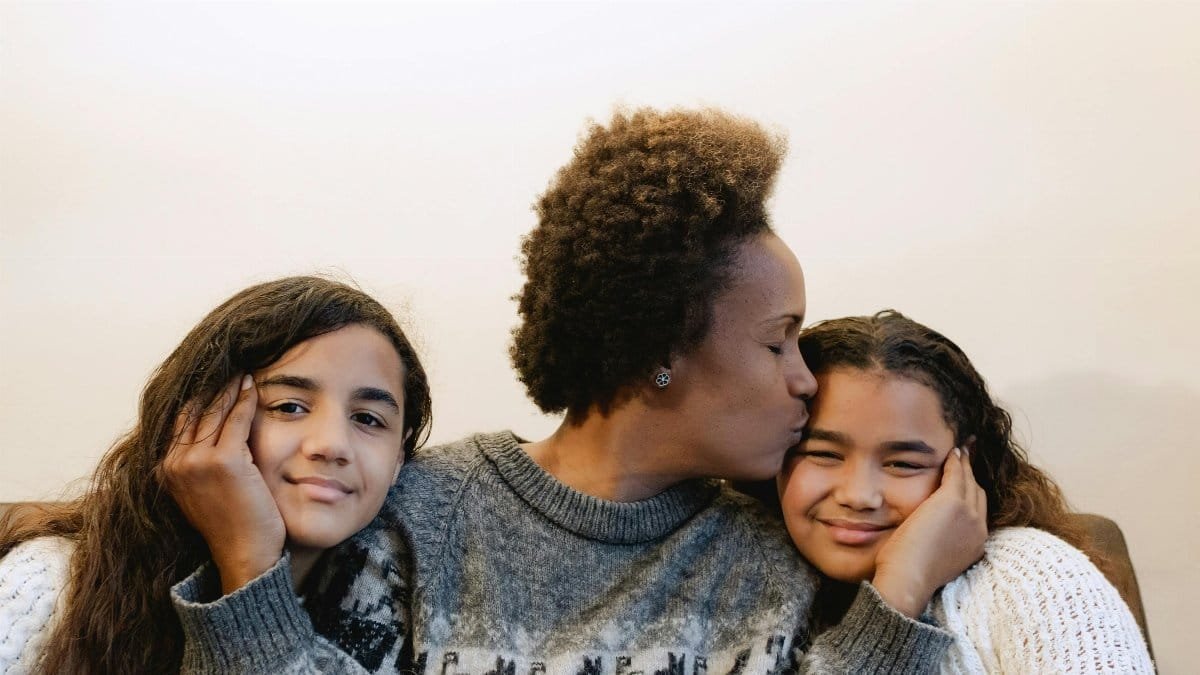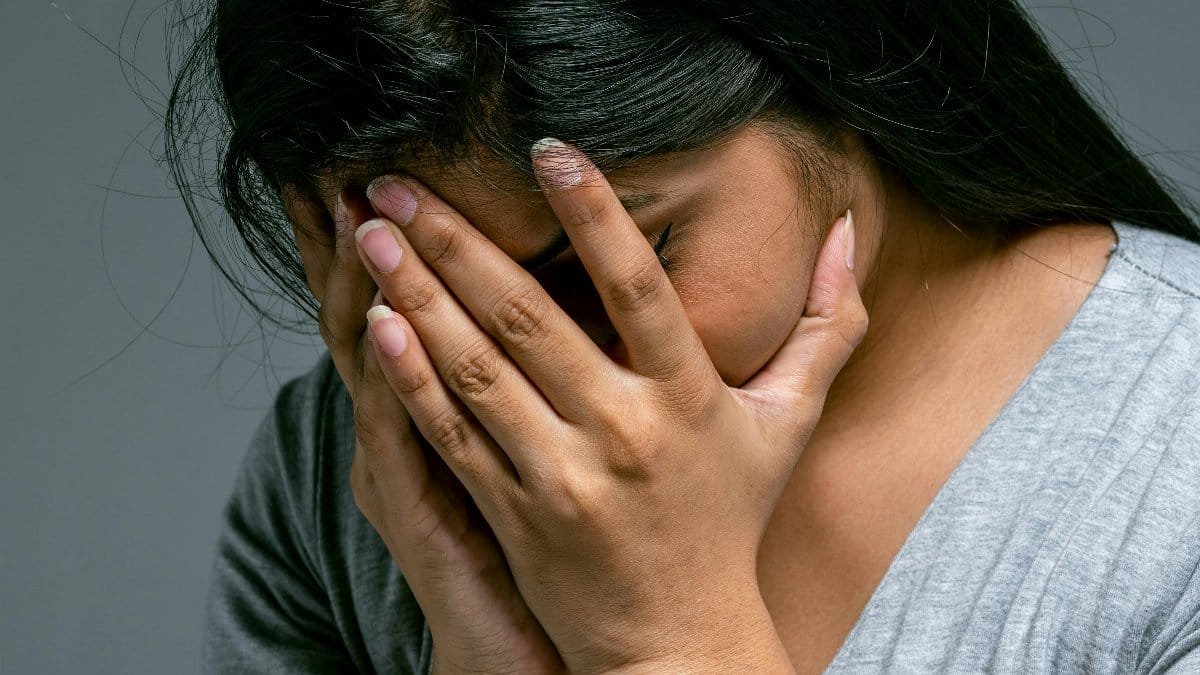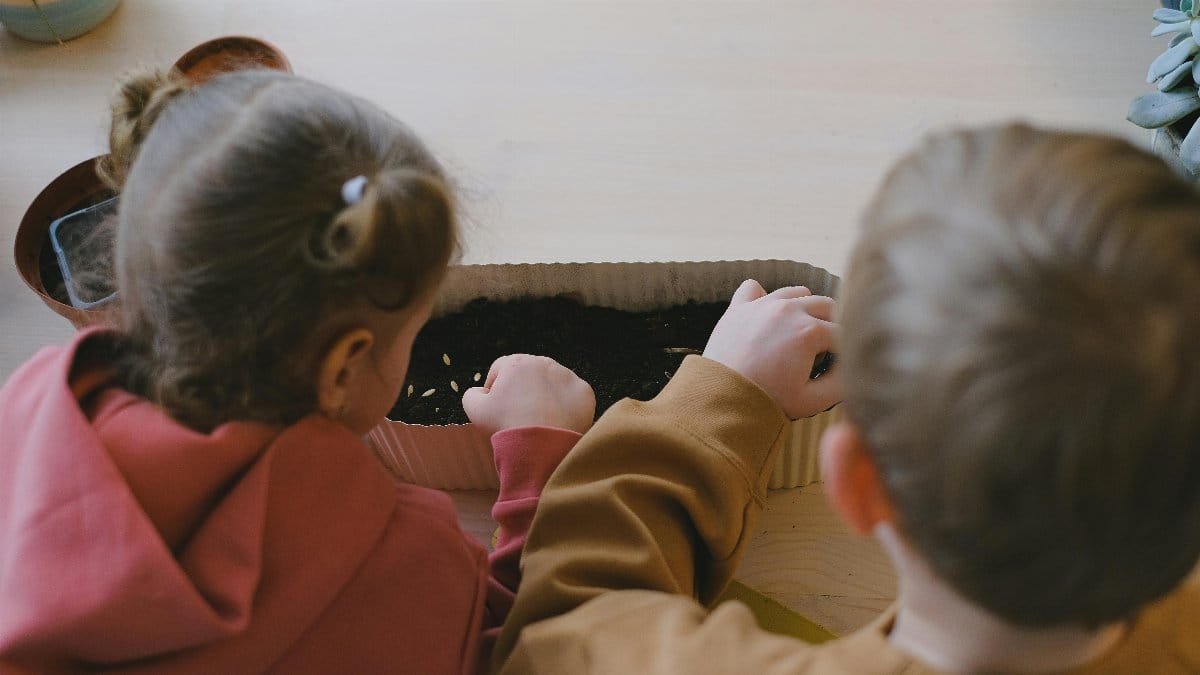In late 2024, headlines were dominated by public apologies from politicians, celebrities, and corporations alike. From streaming platforms correcting pricing errors to famous figures addressing personal missteps, America seems immersed in apology culture. But beyond the headlines lies an everyday reality: honest apologies are foundational to restoring trust and intimacy in our most personal relationships.
Why Authenticity Matters in Apologies

An apology, to truly repair a relationship, must come from a genuine place. Dr. Harriet Lerner, psychologist and author of “Why Won’t You Apologize?,” emphasizes that authentic apologies acknowledge harm without qualifiers or excuses. It’s simple yet profound: people instinctively sense sincerity—or its absence—making authenticity crucial in rebuilding trust.
The Power of Taking Responsibility

Admitting fault might feel uncomfortable, but it’s a critical element of honest apologies. Blaming others or circumstances dilutes accountability and leaves wounds unhealed. In a Pew Research survey, 68% of Americans stated that fully accepting responsibility made apologies significantly more effective at restoring trust.
Acknowledging Hurt: The Heart of Healing

Recognizing the other person’s feelings validates their pain, fostering intimacy. Apologies that gloss over the hurt fail to heal emotional breaches. Couples therapists frequently note that simply saying, “I understand why this hurt you,” without defensiveness can dramatically shift conversations from conflict toward resolution.
The Pitfalls of “I’m Sorry, But…”

Many apologies fail when conditional phrases like “but” are introduced. “I’m sorry, but you misunderstood me” transforms an apology into subtle blame-shifting. Communication experts stress eliminating such conditions to ensure your apology genuinely repairs the trust rather than creating further division.
Restorative Apologies in Relationships

Couples counselors often point out that recurring conflicts typically stem from incomplete apologies. Effective apologies directly address harm and promise changed behavior. According to relationship researcher Dr. John Gottman, sincere apologies reduce future conflicts by fostering emotional security and closeness.
Timing Matters: When to Apologize

Timeliness is crucial for sincere apologies. Delaying an apology, hoping things “cool off,” often makes the situation worse. However, rushing an apology can also appear superficial. Choosing a thoughtful, deliberate moment to acknowledge wrongdoing can make the apology feel respectful and sincere.
Repairing Trust: Apologies and Actions

Words alone rarely repair trust entirely. Demonstrating genuine remorse involves aligning words with actions. Consistency over time is what truly rebuilds intimacy. For instance, when a partner apologizes for missed responsibilities, following through reliably afterward is the real testament to sincerity.
Teaching Apology Skills Early

Schools nationwide are increasingly teaching children the art of honest apologies. Programs promoting emotional intelligence emphasize early that apologies aren’t just polite—they’re integral to healthy relationships. This shift toward teaching emotional accountability early promises healthier adult relationships in future generations.
Corporate Apologies: Lessons for Personal Relationships

Corporate America regularly showcases both successful and failed apologies. When companies genuinely acknowledge errors, offer concrete solutions, and demonstrate consistent follow-through, public trust improves. On a personal level, these principles apply directly: sincerity, responsibility, and tangible change are key.
Forgiveness: The Other Side of Apologies

An honest apology is a gateway to forgiveness, which is equally essential in restoring intimacy. Psychologists affirm that forgiveness isn’t merely beneficial for the recipient—it alleviates emotional burdens for both parties. Apologies and forgiveness together create a dynamic where relationships can thrive again.
The Cultural Shift Toward Emotional Accountability

The rise of movements like emotional accountability workshops, now popular in cities like Boston and Los Angeles, indicates a broader cultural shift. Americans increasingly recognize the value of emotional authenticity, not just as individuals, but as communities. Honest apologies have become central to this movement, promoting healthier interpersonal dynamics.
Apologies as Bridges, Not Weakness

Apologies are often mistakenly viewed as weakness or vulnerability. Yet, sociologists emphasize that the courage to genuinely apologize indicates emotional strength and maturity. Embracing vulnerability through sincere apologies can profoundly deepen connections, reinforcing bonds rather than weakening them.
Ultimately, honest apologies aren’t simply about smoothing over discomfort—they’re transformative moments that restore trust and rebuild intimacy. They matter deeply, quietly shaping the health of our most valued relationships.
Related Post: How QiGong Improves Energy Flow in Your Body
